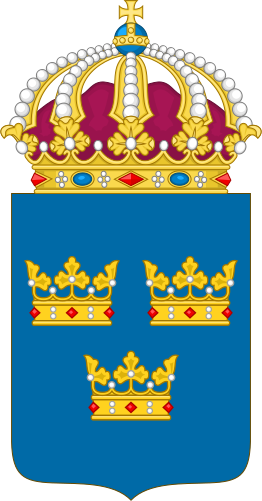Community / Land projects / UNDERSTANDING THE RATIONALES OF DONORS-FUNDED CIVIL SOCIETY IN DEVELOPING COUNTRIES: A GAME THEORY APPROACH
UNDERSTANDING THE RATIONALES OF DONORS-FUNDED CIVIL SOCIETY IN DEVELOPING COUNTRIES: A GAME THEORY APPROACH

€461255.8834
01/14 - 12/16
Completed
This project is part of
Implementing Organisations
Donors
Data Providers
General
This project questions the view, mainly based on Putnam´s theory of social capital that civil society in form of nongovernmental organizations (NGOs) in developing countries can act as agency for social change. Based on this view, large funds have been channeled to NGOs with the assumption that NGOs can advance development and stimulate democracy. Where corruption is the social norm due to the lack of appropriate rules, empirical evidence does not correspond to social capital theory. There is often a discrepancy between the assumed role of NGOs according to the premises of social capital and their behavior that has been described as being corrupt and self-serving. There is however no conducted studies to explain from a theoretical point of view why NGOs often perform the way described. Thus our research aims to bridge this academic gap. We put forward and examine the applicability of game theory to explain the behavior of NGOs. We explore the different rationales of NGOs in relation to their specific context. The research is designed as case studies and will use the described qualitative and quantitative methods. We aim to contribute to theoretical development of our understanding of civil society, in particular regarding the role of the social context and linking theory with practice. The research will also generate knowledge for policy measures on the usefulness of aid to fulfill the purposes of advancing development and democracy goals.




